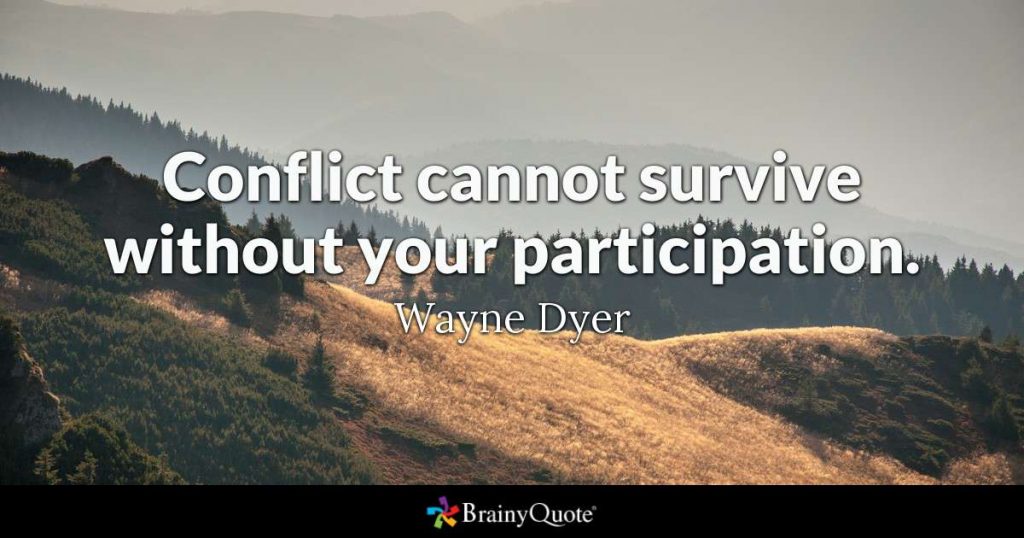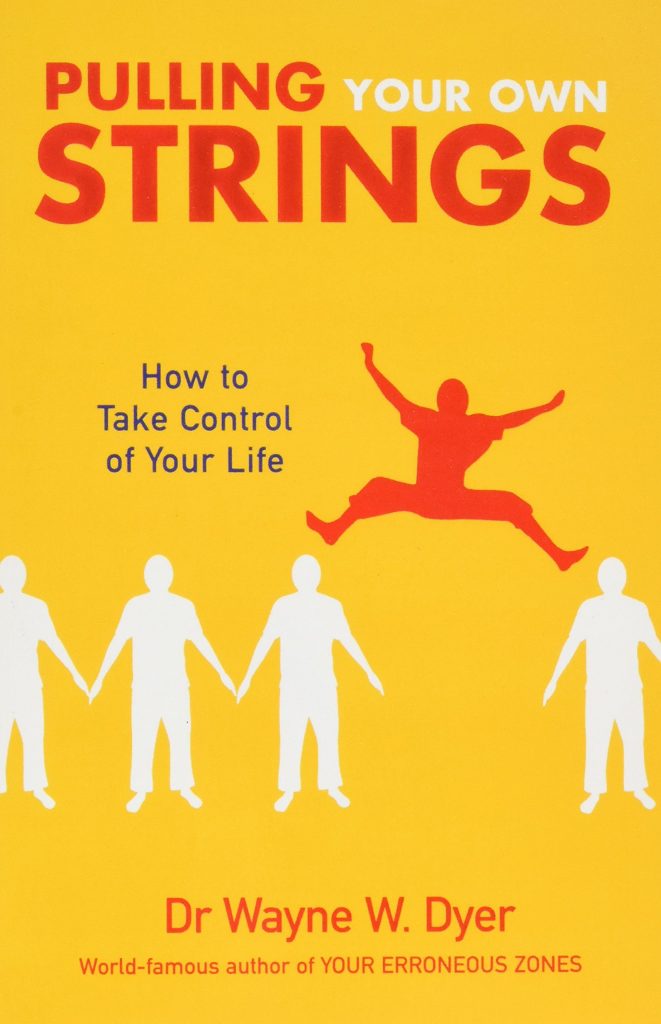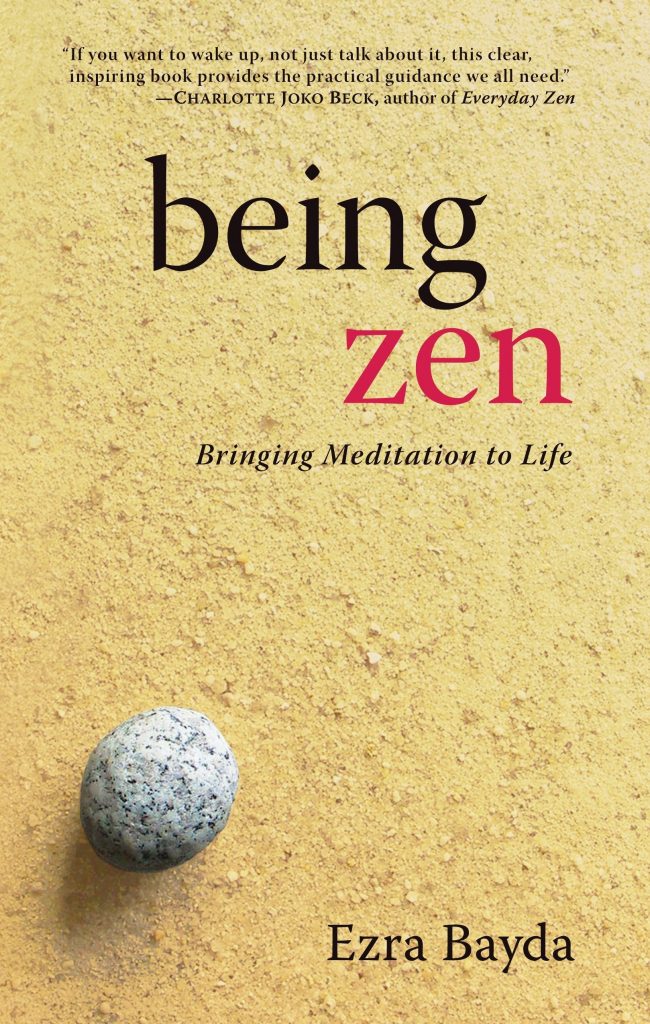The Best Personal Philosophy Books
There are just some books that stick with me. Their wisdom pops up in my consciousness frequently as I go about my life and my work. Though I may have read them months or even years ago, I can still see their cover art in my mind. With so many books out there, I’ve personalized a list of the best personal philosophy books.
A couple of books were gifts from friends, others were discovered along my path of self-discovery. However I came by them, their messages have had a profound impact on my existence.
Your Erroneous Zones by Wayne Dyer
Scene: High school library, 2013. Poster showing the cover for Wayne Dyer’s new book, Your Erroneous Zones, hangs on the wall. I’m curious. But being brought up in a world where religion dominated the psyche, I simply moved on.
Fast forward about 5 years…
Scene: Shopping mall used book sale, 2018. There it is again. That SAME book cover from the library! Okay, now I’m intrigued. I buy the book for if I remember correctly, 50 cents. But that meager investment turned out to be one of the greatest turning points of my adult life.
If only I had read this book 5 years before! Your Erroneous Zones is STILL a psychology classic around four decades after its birth. It deals with the entire cast of erroneous emotional rascals we battle every day: approval, guilt, anger, procrastination and more.
After reading this book, I realized how I could have handled past situations so very differently and more effectively. But as Dyer emphasizes, worrying or feeling bad about the past does nothing to make your present any better. At least I realize how to avoid some of these zones for a more enlightened future.

Though the writing has a definite mid-1970s flavor to it, the advice is just a relevant today.
Pulling Your Own Strings by Wayne Dyer
Quickly after Your Erroneous Zones, Dr. Wayne Dyer wrote Pulling Your Own Strings. Where Your Erroneous Zones concentrated on cleaning up one’s inner world, Pulling Your Own Strings concentrates on dealing with others.
Like his previous book, this gave me a better understanding of the difficult dynamics that plague many relationships. One of the most significant problems this book recognizes is our tendency to adopt a victim role, absolving us of taking responsibility for how we act and react. Though it seems improbable that anyone would consciously adopt a victim position in a relationship, Dyer discusses some of the ironic payoffs that we subconsciously seek to feel better about ourselves.
Pulling Your Own Strings has also stood the test of time, being as useful today as it was nearly four decades ago.

Being Zen by Ezra Bayda
Switching gears to a more philosophical, but no less practical, book, Being Zen: Bringing Meditation to Life delves deep into issues of awareness of our actions and thoughts. Frankly, some of it is difficult to handle because it uncovers all the things we’d rather not face. The perspective to be gained from this book can be life-changing.
The discussion of how we keep striving to live a “substitute life” is excellent, but it’s the poignant stories that truly enliven it. In addition to recounting his own struggles with chronic illness, Bayda discusses his experience working with hospice patients- a scenario that most of us would rather not even think about. Through these stories, one realizes how we are all “skating on thin ice,” hoping not to drown in the frigid waters of our egos and emotions. There’s the woman whose family refuses to accept that she’s dying. Then there’s the man whose pride, even in his last days, does not allow him to accept help from others. Warning: Get the tissues handy!



